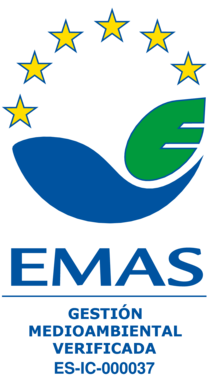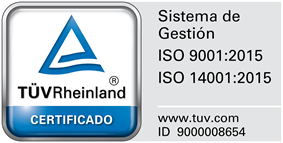The Planet Penguin family at Loro Parque is expanding with new additions to its animal embassy: four rockhopper penguins (Eudyptes chrysocome) and eight gentoo penguins (Pygoscelis papua). In addition to this successful breeding season, predictions for the new year point to more births of other species, which will increase the zoo’s animal family in Tenerife.
The baby Papua chicks are with their parents in the exhibition, while the baby penguins are monitored by the Loro Parque professionals in the Baby Penguin, both because of the delicacy of the species and because of the great challenge that their reproduction has meant.
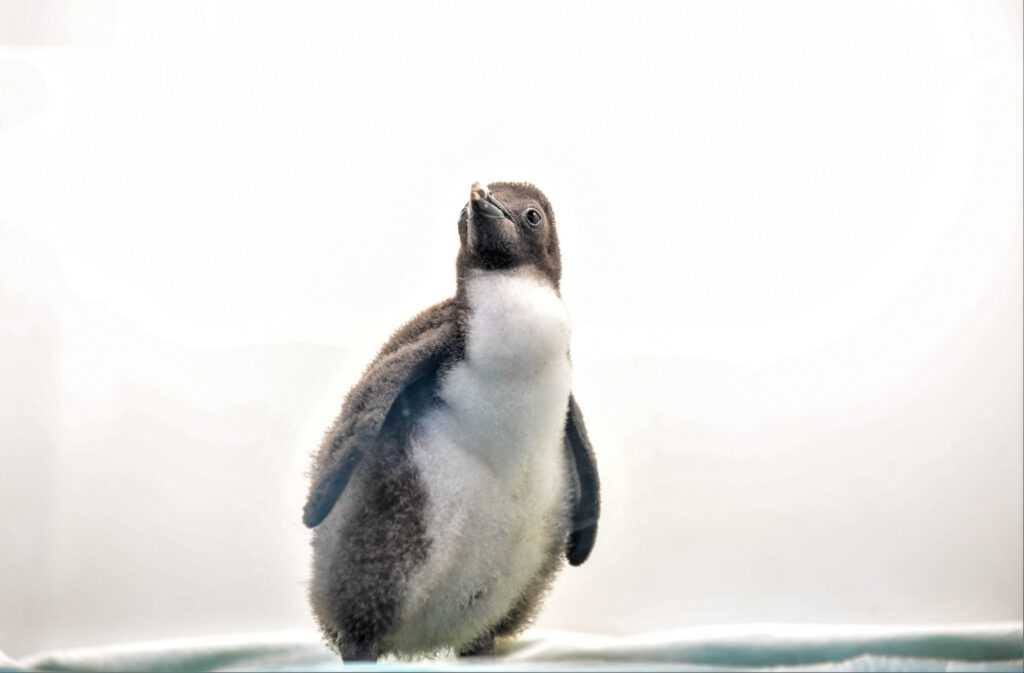
Rockhopper penguin breeding at the Planet Penguin installation in Loro Parque. Photo: Moisés Pérez/ LP
“The adaptation period for the Rockhoppers, raised without their parents, is gradual, just like the introduction of the rest of the birds,” the Park explains. During this first stage of incubation, the chicks will be cared for in the Baby Penguin breeding station, whose temperature will be gradually adapted to begin the process of integration and socialisation with the rest of the group.
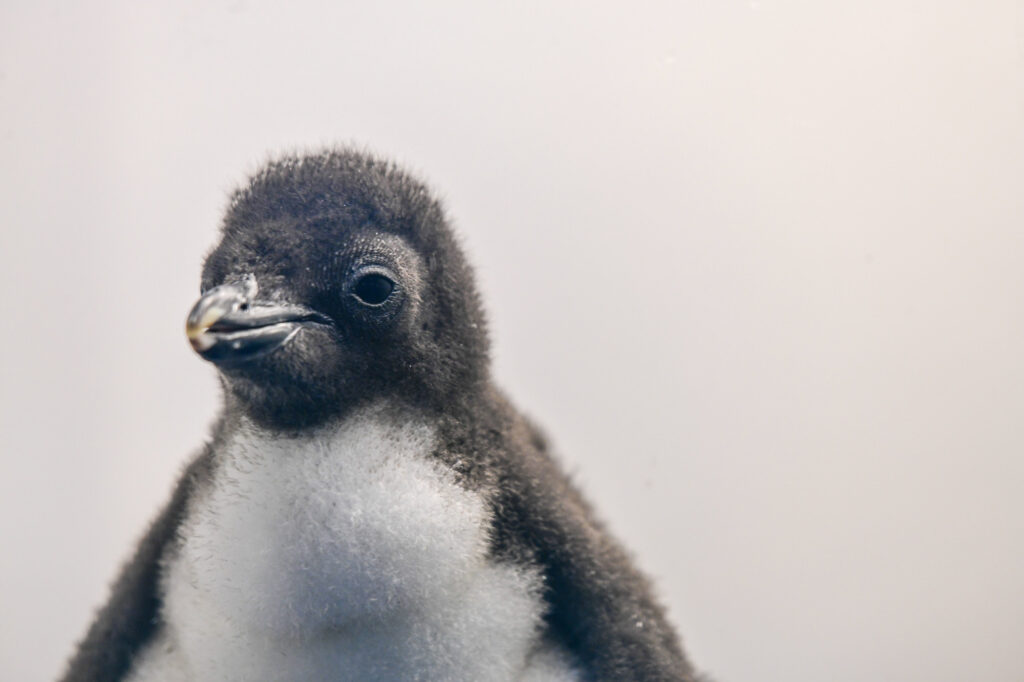
Rockhopper penguin breeding at the Planet Penguin installation in Loro Parque. Photo: Moisés Pérez/ LP
In order for these animals to be progressively introduced successfully, Loro Parque reproduces the same conditions they have in their natural environment, recreating their habitats with 12 tons of snow that fall in the enclosure every day, respecting the normal light cycles of the Antarctic and recreating the polar spring, characterised by lots of light and long days.
The birth of these four rockhoppers and the eight Papuas is a magnificent result for Loro Parque’s breeding programmes, which has already produced offspring of all the penguin species. It is also a success for the conservation of the species, threatened by climate change alterations in marine circulation and glaciers.
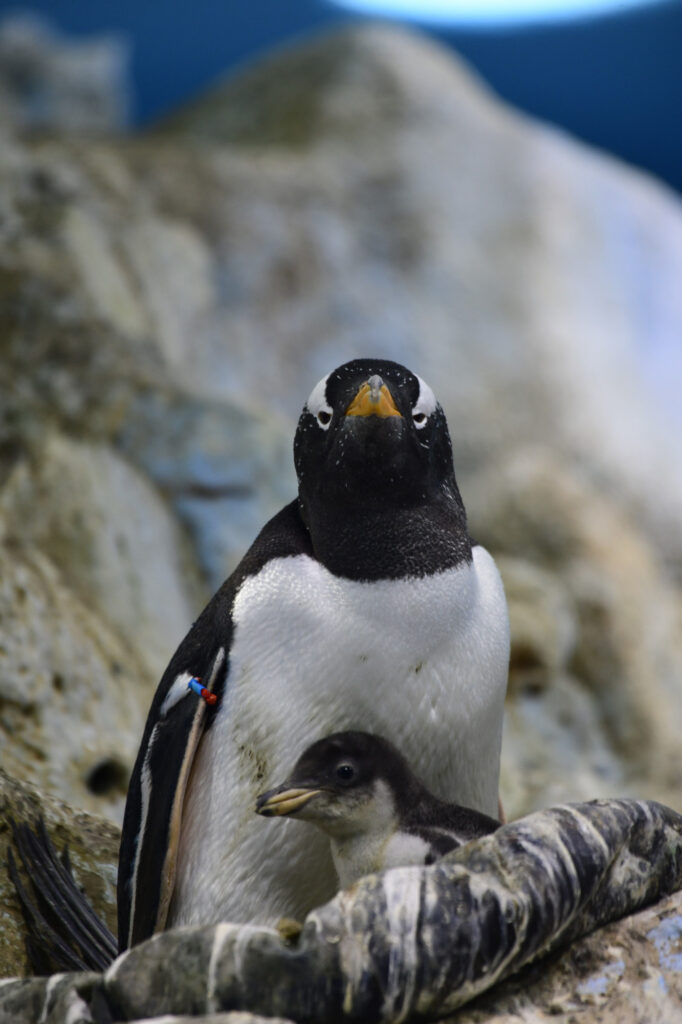
A specimen of Gentoo penguin with its young in Loro Parque. Photo: Moisés Pérez/ LP








